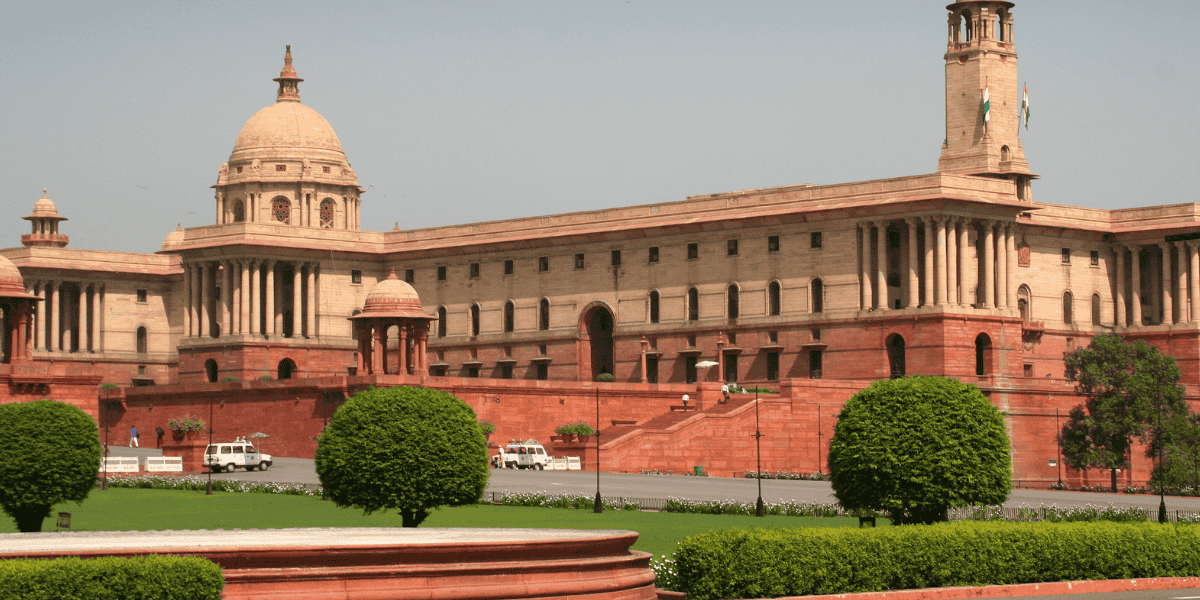On 14 March 2018, the lower house (Lok Sabha) of parliament passed the Finance Bill 2018 with modifications. The modifications agreed by the lower house includes:
-The Budget 2018 had introduced tax at 10% on LTCG of more than Rs 1 lakh, arising on sale of listed securities, on or after April 1 this year. It had also removed the indexation benefit (which is an application of the cost inflation index to the purchase price). To soften the blow it had provided that appreciation in value of shares from the date of purchase up to January 31, 2018 would be grandfathered, if the shares were acquired before February 1, 2018. The Budget proposal had not addressed the issue of grandfathering those shares that were acquired when they were unlisted, but sold post-listing.
With the amendment to the Finance Bill, this ambiguity has been resolved. In case of shares unlisted as of January 31, 2018, the cost of acquisition shall be indexed based on the cost inflation index (CII) for the financial year 2017-18 (which is 272). For the base, the CII prevailing as on the year of purchase of these shares or as of April 1, 2001 (where the CII is 100), whichever is later, shall be used. The rate of tax shall remain the same at 10%.
-An amendment to the Bill also widened the scope of India taxing the so-called digital income that some multinationals earn in the country without a permanent establishment in India, by buttressing the “significant economic presence” clause introduced in the Budget.
-Under the amendments, deductions for “start-ups” available for three consecutive years of assessment if turnover does not exceed a threshold amount (INR 25 crore).
-Withdrawal of an exemption for investments in specified bonds if the bonds are issued on or after 1 April 2016 and are transferred or redeemed within five years.
-Amended rules for a PAN (permanent account number) of non-individual resident taxpayers.
-Revised rules for valuation of securities held by a scheduled bank or public financial institution.














